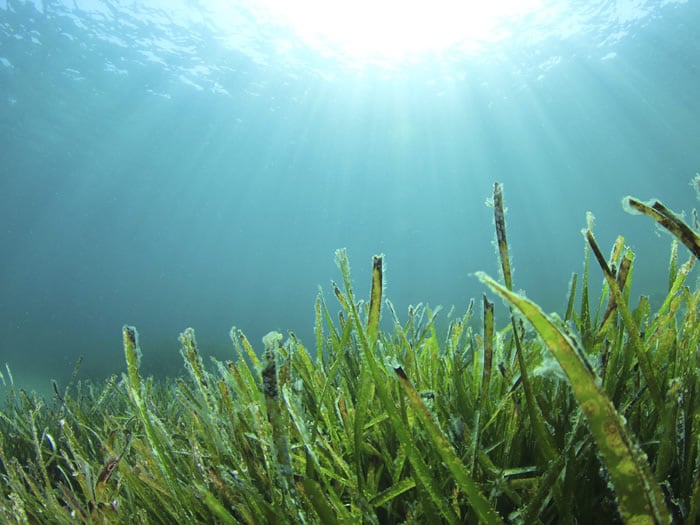Algae are made up of aquatic organisms that absorb sunlight and carbon dioxide to develop photosynthesis and thus produce their energy, which in turn produce vegetable oils that can be transformed into biofuel or biodiesel.
Food products made with algae have been created in favor of health and are certified as organic products: Soups, rice, pasta, pâté, appetizers, cookies, pancakes, all of them with seaweed. Algae, like plants, are autotrophic organisms, that is, they are capable of making their own food from inorganic substances such as the sun or water.
The algae are used in the food industry as a thickener for jams and sauces. In medicine they are used to make culture media for bacteria. Substances are also extracted from them to produce medicines. They are beings made up of a single cell.
Seaweed is an excellent source of vitamins A, B1, B12, C, D, and E, riboflavin, niacin, pantothenic acid, and folic acid (6). The mineral content in algae is high, about 36% of dry weight, within the macrominerals include sodium, calcium, potassium, chlorine, sulfur and phosphorus. Seaweed is one of the foods with the highest amount of this essential mineral for the nutrition and general health of your body, even ten times more than milk. They strengthen the immune system and prevent numerous diseases due to their antiviral, anti-inflammatory and immunomodulatory properties.
The three most important seaweeds used for human food are various species of Porphyra (commonly known in Japan as nori), Laminaria (kombu) and Undaria (wakame). In recent years Porphyra has been listed in Japanese fisheries statistics as the third most important catch.
People with thyroid dysfunction or who take medications that contain iodine should avoid eating foods that contain algae, especially Kombu species (Laminaria japonica, Saccharina japonica), due to the high levels of iodine they provide in their composition.
Microalgal biomass is an ideal substrate for the production of carbon neutral biofuels, which represent an alternative to the use of fossil fuels, including biogas.
Algal biofuel or algal biodiesel is a biofuel made from the products of marine algae. Some studies place it as a possible alternative to other known biofuel sources, such as corn and sugar cane.
Algae, like plants, are autotrophic organisms, that is, they are capable of making their own food from inorganic substances such as the sun or water.
Biofuel from algae is obtained through the production and storage of starch (photosynthetic processes inside the algae or by directly feeding it sugar) and the subsequent fermentation of these carbon sources to ethanol under dark conditions.
Like fossil fuel, algae fuel releases CO2 when it burns, but unlike fossil fuel, algae fuel and other biofuels only release CO2 recently removed from the atmosphere through photosynthesis as the algae or plants grew.
There is also another utility for this biofuel, and its extraction is relatively simple. It includes a first pressing stage with which approximately 70% of the oil is extracted and a second with an organic solvent reaching up to 99%. Due to the high viscosity that the original virgin oil reaches, it can be used directly in diesel engines once they have been adapted to operate with this highly viscous fuel.
https://www.madrimasd.org/blogs/energiasalternativas/2007/10/01/74977






